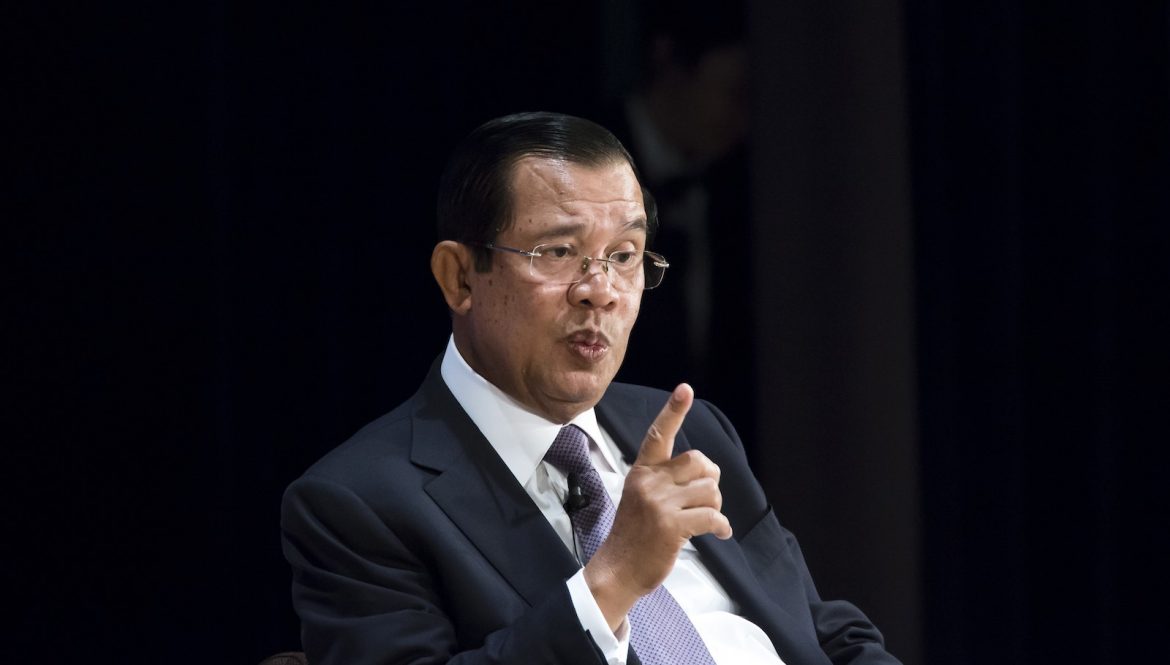Cambodia’s Prime Minister, Hun Sen, says the greatest danger to humanity today is climate change. He also asserts that, in contrast to common belief, the ongoing conflict between Russia and Ukraine will eventually be resolved through negotiations.
Speaking to over 6,000 graduates of the National Institute of Business (NIB) in Phnom Penh on March 30, Hun Sen made the comments.
“The Russia-Ukraine war is not the worst threat we are facing. It will surely end through negotiations at a certain point if neither side has the strength to claim a military victory. The most prolonged danger we are facing remains climate change,” he said.
He used the recent trip to Moscow by Chinese President Xi Jinping, who put forth a peace proposal to end the war, as an example.
“Based on this, we can see that the Russia-Ukraine war will end eventually. But the one thing we cannot foresee is an end to the ongoing effects of climate change. Each day, the far-reaching consequences of climate change become more apparent,” said Hun Sen.
He gave the example of a storm that occurred on March 29 in Siem Reap province, which resulted in property destruction and at least one fatality.
Read Also: nicra-to-plant-trees-in-all-fct-public-schools-to-combat-climate-change
He added that the effect of climate change is also being felt in neighboring Thailand, across India, and in many US states. Climate change was also found to be to blame for unprecedented flooding in the Kingdom in February, which is typically the dry season. They’ve all experienced severe weather out of the ordinary and a significant death toll.
Neth Pheaktra, a spokesperson for the ministry of the environment, concurred that climate change is a worldwide problem that results in numerous problems, such as flooding and droughts, which in turn have an impact on millions of people’s quality of life.
“Achieving carbon neutrality may be the best way of addressing climate change,” he said.
“Cambodia is a small nation, but we are very active in our contributions to the fight against climate change. We are recognized globally for our commitment to implement policies and action plans that will prevent and reduce the effect of climate change,” he added.
Pheaktra explained that the Kingdom has laid out a long-term development plan to achieve net-zero carbon neutrality by 2050.
“This will allow us to fulfill our commitment to the Paris Agreement to ensure that global warming remains under 1.5 degrees Celsius,” he said.
Story adapted from Asian News Network
